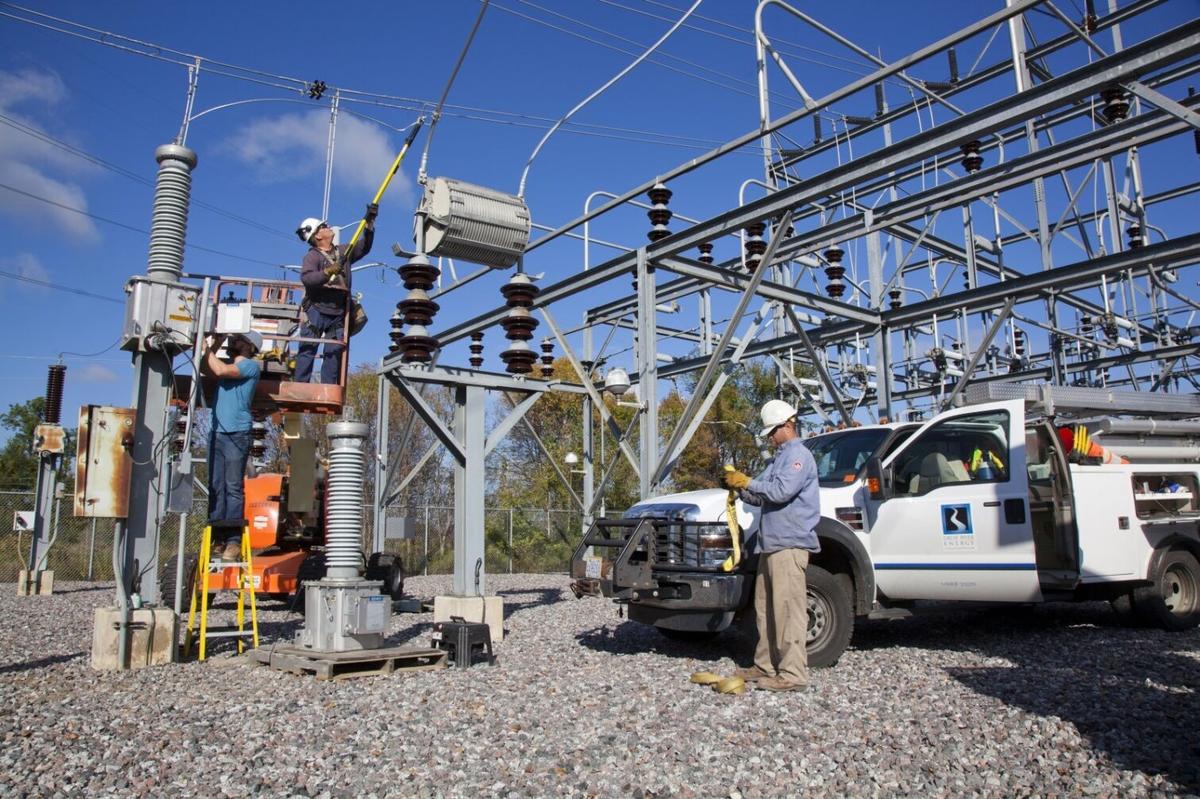A significant economic boost is expected from the Northland Reliability Project with positive impacts on jobs and wages and about $2 billion in total impacts to Minnesota’s economy, according to a study by the LSBE’s Bureau of Business and Economic Research (BBER).
Minnesota Power and Great River Energy are planning to build the Northland Reliability Project, a 180-mile, double-circuit 345-kV transmission line extending from northern to central Minnesota that will support continued reliable electric service in the state and the Upper Midwest.
Undergraduate research assistants (UGRAs) Avery Wendinger and Mitchell Bakken helped with the economic impact analysis project. As employees of the BBER, UGRAs gain real-world experience, being trained in applied economic research. Wendinger and Bakken, May LSBE graduates, were involved with research, analysis, and writing of the final report.
“This project was a great learning experience for the students and provided them with the opportunity to analyze complex economic data.” said Monica Haynes, director of the BBER. “It’s also exciting for our students to be involved with a project that has such significant statewide impacts.”
The BBER study estimated that by the time the high-voltage transmission line is completed in 2030, the two energy companies will have invested more than $1.18 billion over the eight-year project before the impacts of inflation are included.
The study estimated the following economic impacts from the investment:
- Statewide, the eight-year project is predicted to add $705.3 million in employee wages and benefits (labor income), more than $1 billion in value-added spending, and nearly $2 billion in output to the state’s economy.
- On average, 246 jobs will be directly supported by the Northland Reliability Project each year from 2023 to 2030.
- In total, over the eight-year period, it is estimated that the Northland Reliability Project will contribute an estimated $200 million in local, state, and federal taxes.
- In total, the six-county region of Itasca, Aitkin, Crow Wing, Morrison, Benton and Sherburne will see $366.3 million in increased employee wages and benefits, about $477.3 million in value-added spending, and over $1 billion in output.
